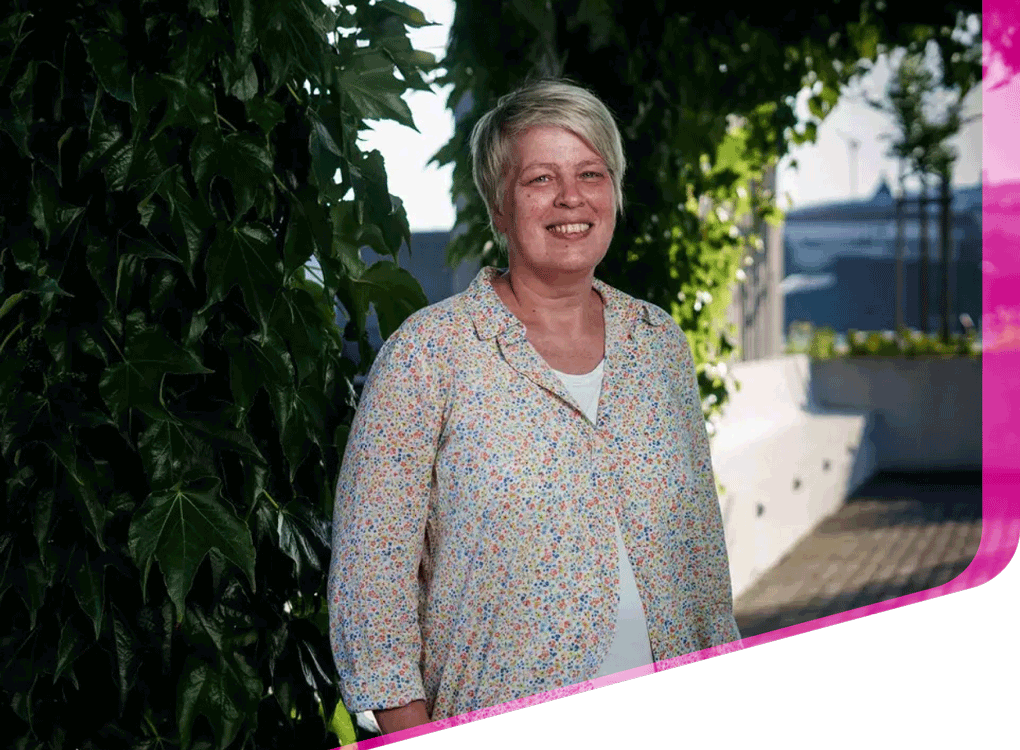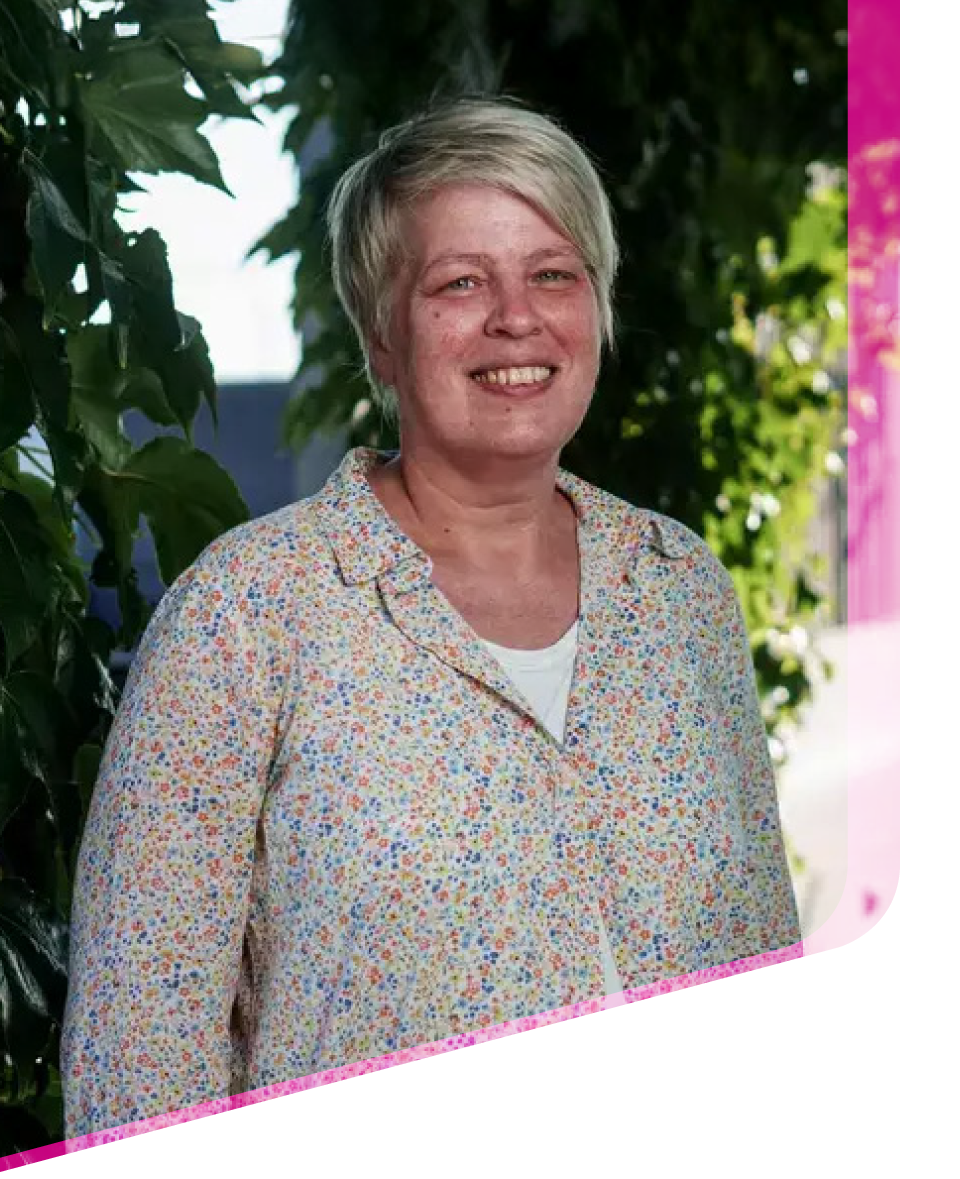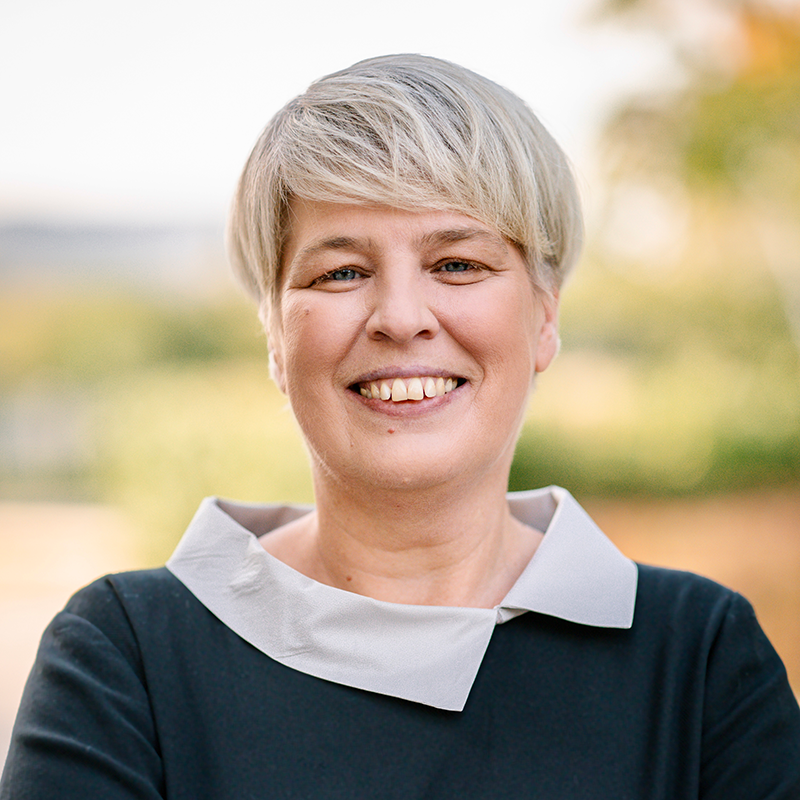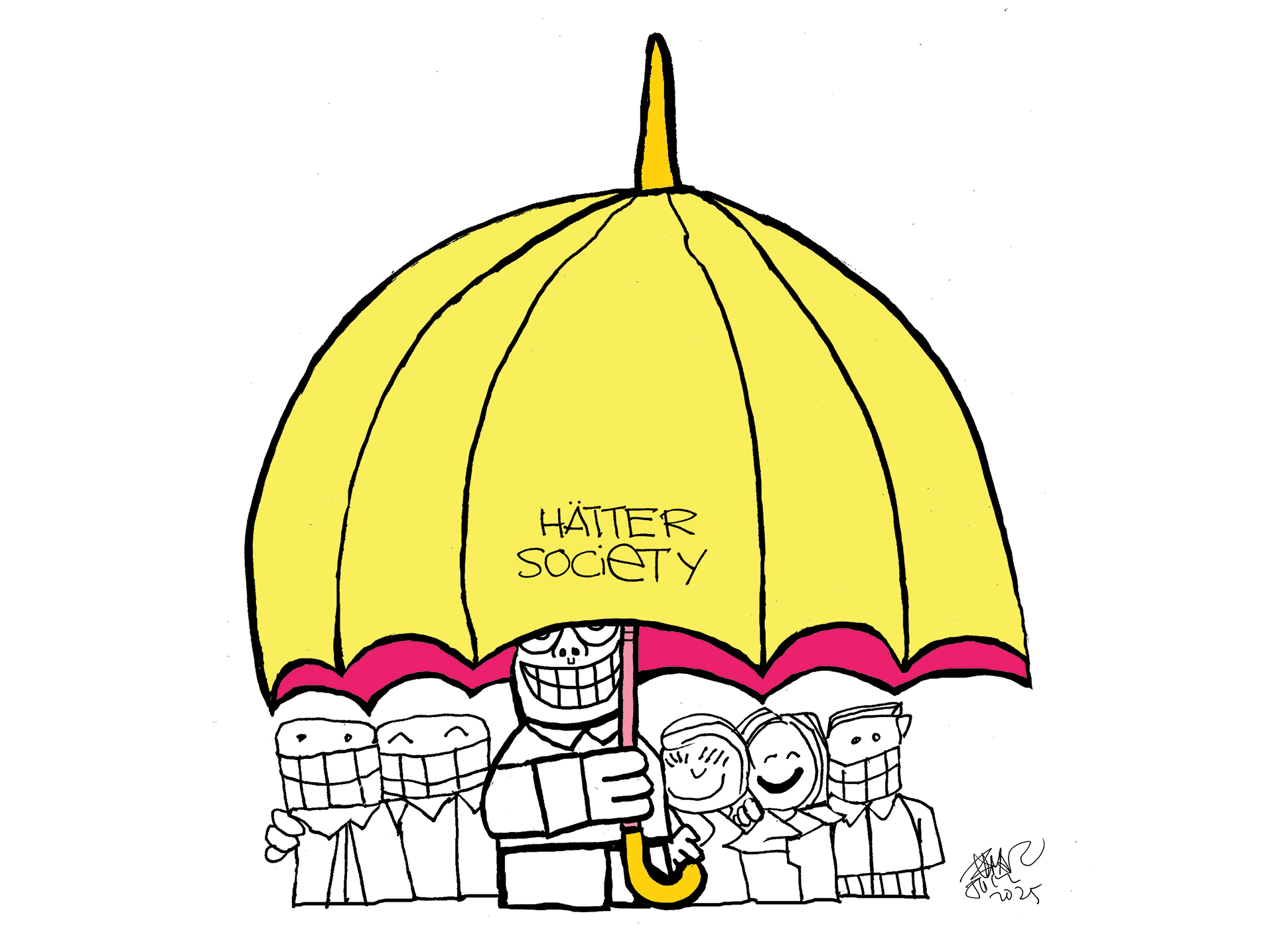
Hungary
Hungary
Hungary
Eszter Polgári
Eszter Polgári
Eszter Polgári
Lawyer
Lawyer
Lawyer

Hungary
Eszter Polgári
Lawyer
“The LGBTQI+ community has been the target of scapegoating and government-sponsored hate campaigns for years. This naturally affects those organizations working for their rights.”

VITA
Eszter Polgári is a lawyer and holds an LLM and MA in Human Rights and a PhD in law. Before joining Háttér Society, she was a faculty member in the Human Rights Program of the Central European University. She has been involved as a human rights expert in various research and monitoring activities on LGBTQI+ rights, primarily within the EU and the Council of Europe. At Háttér Society, she coordinates strategic litigation and contributes to international advocacy. Her main research interest lies in the European Convention on Human Rights and the practice of the European Court of Human Rights, with special focus on LGBTQI+ rights.
What are the main focus areas of Háttér Society’s work, and how do you perceive its impact, both within the LGBTQI+ community and beyond?
Háttér Society is Hungary’s oldest and biggest civil society organization, working for the rights of the LGBTQI+ community. It aims to create a society where everyone can live freely without discrimination based on sexual orientation or gender identity. To promote the equality and well-being of LGBTQI+ people, Háttér operates support services, such as the legal aid service. We raise awareness, assist the self-organization of the community, and advocate for a legal system in line with the needs of LGBTQI+ people. Háttér offers a vital safety net for individuals who often feel isolated or unsupported. We provide direct support services to help people navigate personal and legal challenges and alleviate the impact of the oppressive political environment. Our advocacy efforts, while facing immense opposition, help to keep the issues visible and push back against the tide of discrimination. Beyond the community, our work mainstreams LGBTQI+ issues, increases the visibility of the LGBTQI+ community and contributes to increased social acceptance. By challenging discriminatory practices and laws, we reach beyond the represented community and contribute to upholding democratic values and human rights.
As a representative of civil society, what led you personally to become involved in civic engagement and LGBTQI+ rights advocacy
I am a human rights lawyer by training – from an early age on, I was driven by a deep-seated commitment to justice and equality. I joined Háttér Society after spending over a decade in academia, teaching human rights. I have always sought ways to reach out of the ‘ivory tower’ and remain in close contact with those working on the ground. However, I had only limited ways to use my expertise in practice. Transitioning to a civil society organization was similar to ‘arriving home’: I felt welcome in the vibrant and inspiring community of human rights defenders.
In recent years, what kind of repression or threats - whether legal, digital, or personal - have you or your organization encountered?
The LGBTQI+ community has been the target of scapegoating and government-sponsored hate campaigns for years. This naturally affects those organizations working for their rights. In spite of the expectations, Háttér Society has grown under pressure and broadened its activities to effectively counter the hostile legal and political environment. At the same time, we are a civil society organization that criticizes the government and challenges the oppressive laws and practices through litigation and advocacy. We are equally targeted by the legal and political measures aimed at silencing dissent: the Sovereignty Protection Office mentioned Háttér multiple times in its reports, extreme-right wing news outlets ran hateful stories about our activities or called for investigation against Háttér. In mid-May 2025, an unprecedented attack on civil society organizations was launched. We call it ‘Operation starve and strangle’. It would allow the blacklisting of CSOs and other organizations deemed to threaten sovereignty, to bar them from accessing foreign funding and make it much more difficult to receive domestic funding as well. The bill is still pending before the parliament.

What strategies or support systems have helped you and your colleagues remain resilient in the face of increasing pressure or hostility?
As human rights defenders, we have no other option but to remain resilient and focused on our work; the community we serve needs us more than ever before. Providing essential services and fighting for the rights of LGBTQI+ people is not only a burden that we carry, but an incredible motivation that helps us to keep on working even if we as an organization face existential threats. The unwavering solidarity and support among CSOs working on human rights in and outside Hungary is also crucial: sharing resources, expertise, and coordinating responses has proven invaluable and successful. Of course, we need to pay utmost attention to the mental health and well-being of our staff; this has become an organizational priority. And we need to celebrate the small victories; thankfully, we had some of those to sustain the morale amidst the increasing pressure.
What do you demand of the international community and the legal-political landscape to better safeguard the work of human rights defenders like yourself?
Hungary is a member of the European Union, so our primary allies are the EU institutions. EU bodies and the international community are usually quick to publicly condemn attacks on human rights defenders and CSOs, but concrete actions follow slowly, and they are only capable of remedying the situation ex post facto, if at all. Actions need to be taken to actively shield human rights defenders, and human rights need to be prioritized. Political bargaining shall not override human rights and the rule of law. A full and proactive utilization of the existing tools can prevent a lasting impact on civil society actors. Hungarian CSOs largely depend on external funding, which must be more widely accessible.
How important is civic engagement in Hungary and around the world amid immense hardships ahead?
Today’s world is full of challenges. Some of them are universal, such as climate change and economic instability. Others are more specific to Hungary, at least for now. Working in an increasingly authoritarian regime, civil society often remains the only independent check on power. In countries like Hungary, where disinformation, fearmongering, and efforts to silence dissents are part of everyday politics, the presence of critical CSOs is essential. Furthermore, CSOs like Háttér Society provide services to the community that would otherwise be inaccessible. Protection of human rights and the rule of law in today’s Hungary is non-existent without CSOs. Civic engagement can drive social change, build resilience, and mobilize communities even in the face of immense challenges.
Hungary
